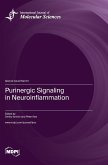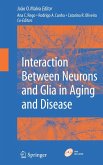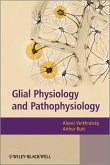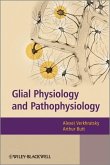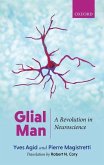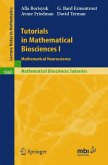Glial cells, including microglia, astrocytes, oligodendrocytes, and their progenitors NG2-glia, serve as key players in maintaining structural integrity and complex brain homeostasis. They actively participate in neurotransmission, energy metabolism, synaptic plasticity, neurogenesis, ion balance, immune defense, and the clearance of neuronal debris. However, the physiological functions of glial cells are often compromised in aging, neurodegenerative diseases such as Alzheimer's, Parkinson's, ALS, and multiple sclerosis, as well as in gliomas, brain tumors demanding specialized understanding for effective therapeutic interventions. Physiology and Function of Glial Cells in Health and Disease provides a comprehensive exploration of the vital role played by glial cells in maintaining neural homeostasis within the central nervous system (CNS). This book delves into the intricate interaction between glial cells and neurons, shedding light on their essential contributions to neural function and overall brain health. The book also highlights emerging research on astrocyte reprogramming for the management of neurodegenerative diseases, offering a glimpse into potential future therapies. This book is an essential resource for researchers, clinicians, and students in the field of neuroscience. Its academic tone, coupled with in-depth discussions and cutting-edge insights, makes it a valuable reference for anyone seeking a comprehensive understanding of the role of glial cells in both health and disease.
Hinweis: Dieser Artikel kann nur an eine deutsche Lieferadresse ausgeliefert werden.
Hinweis: Dieser Artikel kann nur an eine deutsche Lieferadresse ausgeliefert werden.


